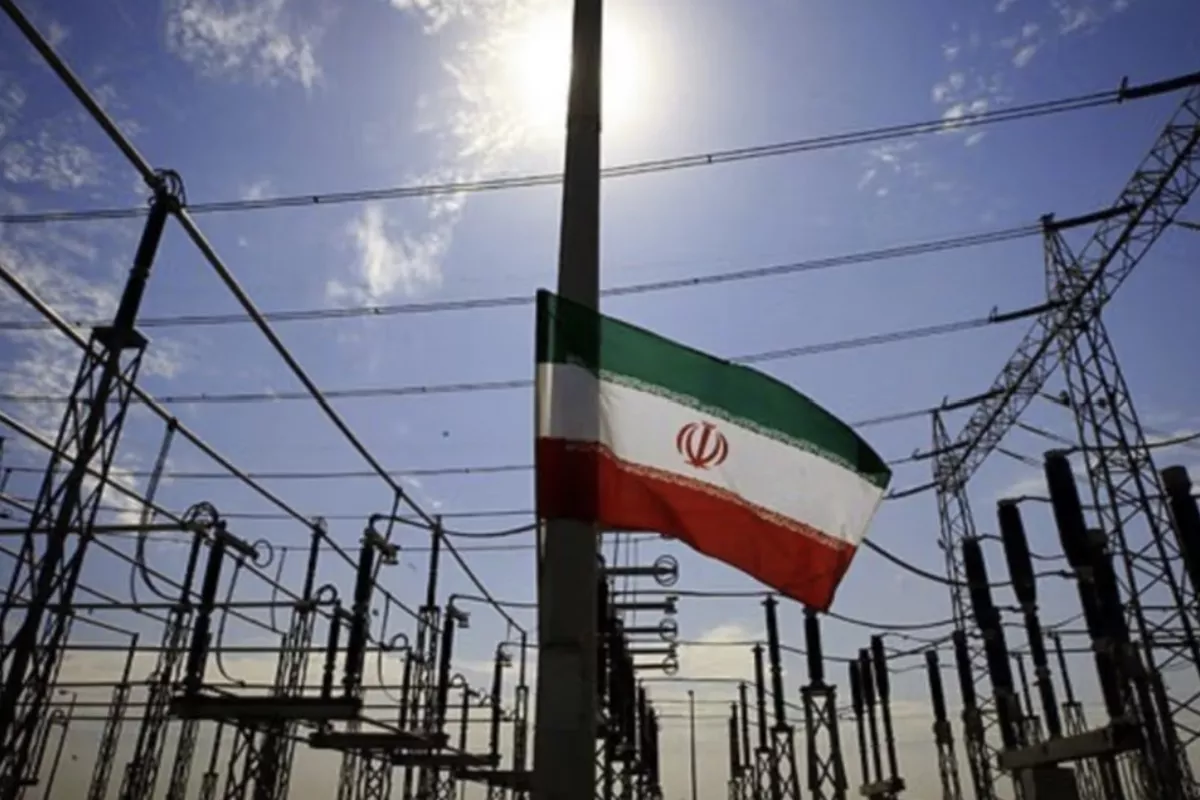
Iran's state-owned electricity company, Tavanir, announced today that it has halted all electricity exports to neighboring Iraq in order to meet the growing domestic demand for power.
This move comes despite Iraq's cessation of Iranian electricity imports since March, following the expiration of a US sanctions waiver, The Caspian Post reports citing foreign media.
Tavanir's head of transmission and foreign trade operations, Mohammad Allahdad, stated that Iran's electricity exports have significantly declined in recent months, now accounting for only one-fifth of the country's total production. He emphasized that the halt in exports is necessary to meet the escalating domestic demand, exacerbated by a prolonged heatwave affecting much of the country.
"A bulk of the country’s electricity exports, which were previously directed at Iraq under international contracts, have stopped completely these days," Allahdad remarked, according to the Iranian Labor News Agency (ILNA). "We are exploring every avenue possible to increase electricity imports while at the same time cutting exports to neighboring states."
Despite the cessation of electricity exports to Iraq, Iran continues to supply power to Afghanistan, albeit in limited quantities. On the night of the announcement, Iran imported 400 megawatts of electricity while exporting only 80 megawatts.
Iran has been grappling with an increasing electricity deficit, projected to reach 25,000 megawatts in the coming Iranian year, which begins on March 21. This shortfall is attributed to both rising domestic consumption and a lack of sufficient investment in energy infrastructure.
The cessation of Iranian electricity exports to Iraq follows the expiration of a US sanctions waiver in March 2025, which had previously allowed Iraq to purchase electricity from Iran without violating US sanctions. The Trump administration's decision not to renew the waiver is part of its "maximum pressure" campaign against Tehran, aiming to curb Iran's nuclear program and regional influence.
Iraq has been heavily reliant on Iranian energy supplies, with estimates indicating that more than 50% of its electricity consumption was sourced from Iran. The termination of the waiver has forced Iraq to seek alternative energy sources, including increasing imports from Turkey, which has doubled its electricity exports to Iraq in 2025.
The Iraqi federal government is also exploring domestic energy solutions, such as expanding renewable energy projects and enhancing energy efficiency measures. However, these initiatives are expected to take several years to materialize, leaving the country vulnerable to potential power shortages in the interim.
The situation has led to widespread public discontent in Iraq, with protests erupting across various provinces over power outages and inadequate electricity services. The government's inability to secure a renewed sanctions waiver and the cessation of Iranian energy supplies have intensified frustrations among the populace.
As both nations navigate these energy challenges, the geopolitical and economic implications continue to unfold, with regional stability and international relations at stake.
Share on social media